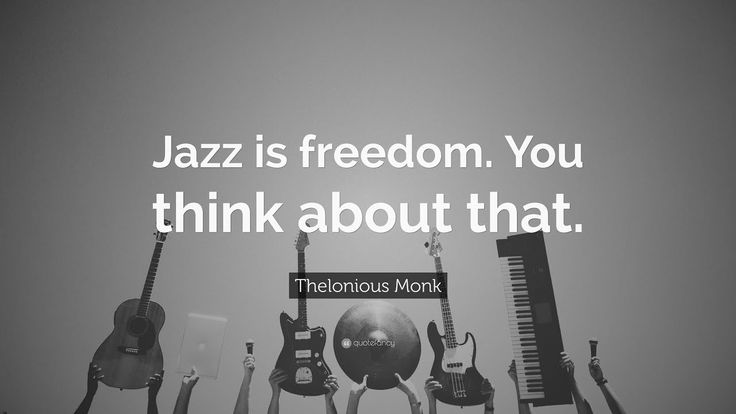How to stop anxiety before it starts
Stop anxiety with these new strategies
April is Stress Awareness Month. Sign up for CNN’s Stress, But Less newsletter and learn how to cope. Our six-part mindfulness guide will inform and inspire you to reduce stress while learning how to harness it.
CNN —
In recent years, public figures openly sharing their mental health struggles have helped lift fellow sufferers out of silent shame and stigma.
A few decades earlier, the introduction of new medications to treat depression and anxiety disrupted the depiction of mental health problems as a personal failing in favor of an expression of brain chemistry.
Today, new understandings of the reciprocal communication between mind and body make anxiety far more preventable than previously known.
In “The Anatomy of Anxiety: Understanding and Overcoming the Body’s Fear Response,” holistic psychiatrist Dr. Ellen Vora unpacks the physiological underpinnings of stress and fear and shares pioneering strategies for both prevention and treatment.
In "The Anatomy of Anxiety," author Dr. Ellen Vora shares how you can take steps to get your body into better balance, which helps ease anxiety symptoms.
Courtesy HarperCollins This conversation has been edited and condensed for clarity.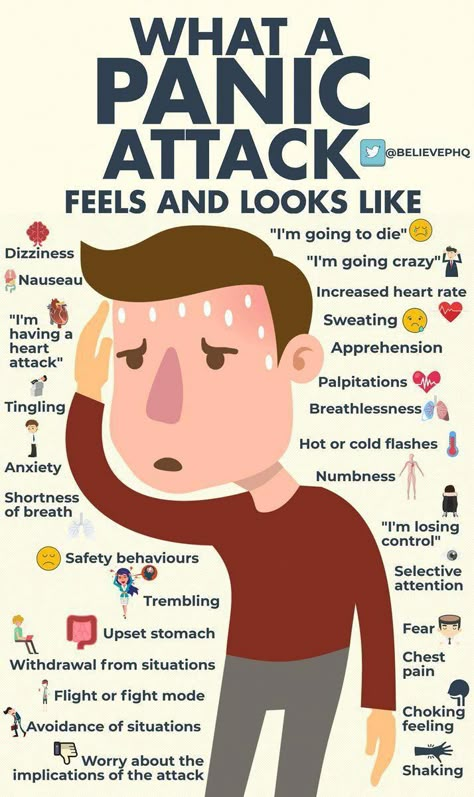
CNN: What’s the biggest misunderstanding people have about anxiety?
Dr. Ellen Vora: Anxiety is not simply a genetic chemical imbalance. It’s largely based in the state of the physical body, which is something we can change.
Recognizing what I call “false anxiety” allows us to take steps to get our body into a better balance, which helps ease anxiety symptoms. This is the hopeful, empowering message I want to convey.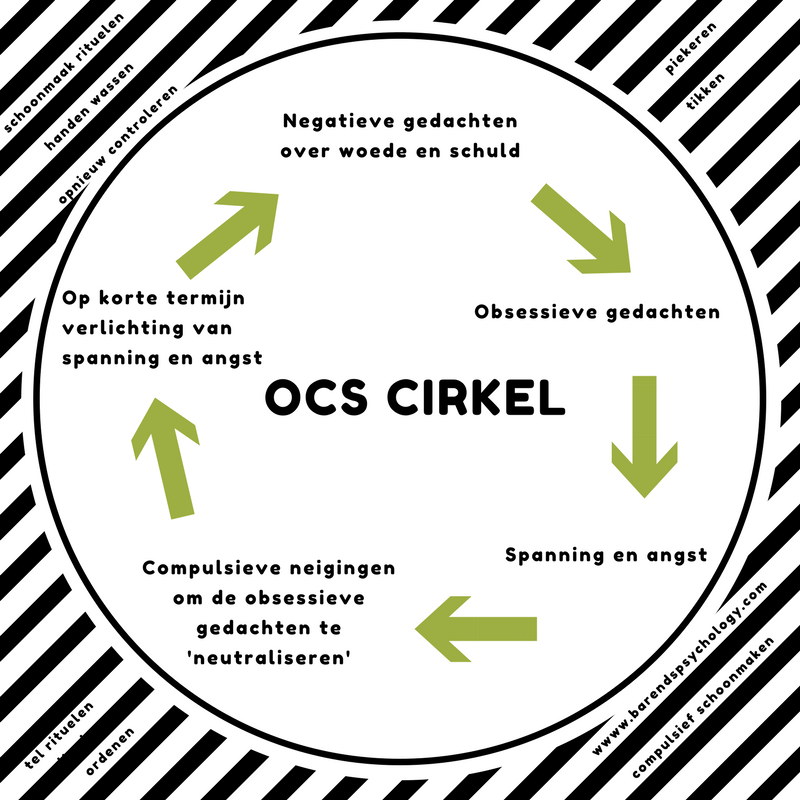
CNN: How does the mind-body connection impact anxiety?
Vora: Today, many people recognize that mental health impacts the body. They understand top-down messaging – that a thought like, “Oh, no, I have a test tomorrow!” could impact their physical body, say, with an upset stomach.
Author Dr. Ellen Vora is a holistic psychiatrist.
Courtesy Vimal Vora Less widely recognized is the delicate and deeply interconnected web of back-and-forth communication between body and mind.
Modern life assaults our digestive tract through chronic stress, processed food and pesticides. The compromised ecosystem of bacteria in our digestive system leads to an unhealthy, inflamed gut lining, which triggers a message to the brain, “Things are not OK down here.” When our physical body is out of balance, it tells our brain to feel anxious.
CNN: How has your investigation of anxiety informed your perspective on depression?
Vora: Many patients in my practice have both depression and anxiety. Sometimes they toggle between them. Other times the two states coexist. Chronic anxiety can deplete us over time, leaving us in a hollowed-out state of depression. Both are manifestations of the brain saying, “I’m not OK.”
Sometimes they toggle between them. Other times the two states coexist. Chronic anxiety can deplete us over time, leaving us in a hollowed-out state of depression. Both are manifestations of the brain saying, “I’m not OK.”
CNN: What coping strategies can help?
Vora: When our body gets tripped into a stress response, it can feel synonymous with anxiety and panic. First, we must eliminate avoidable “false anxiety” through focusing on nourishment and restorative sleep while monitoring the effects of technology, caffeine and alcohol.
A nourishing, well-rounded diet can ease symptoms of anxiety and depression, Vora said.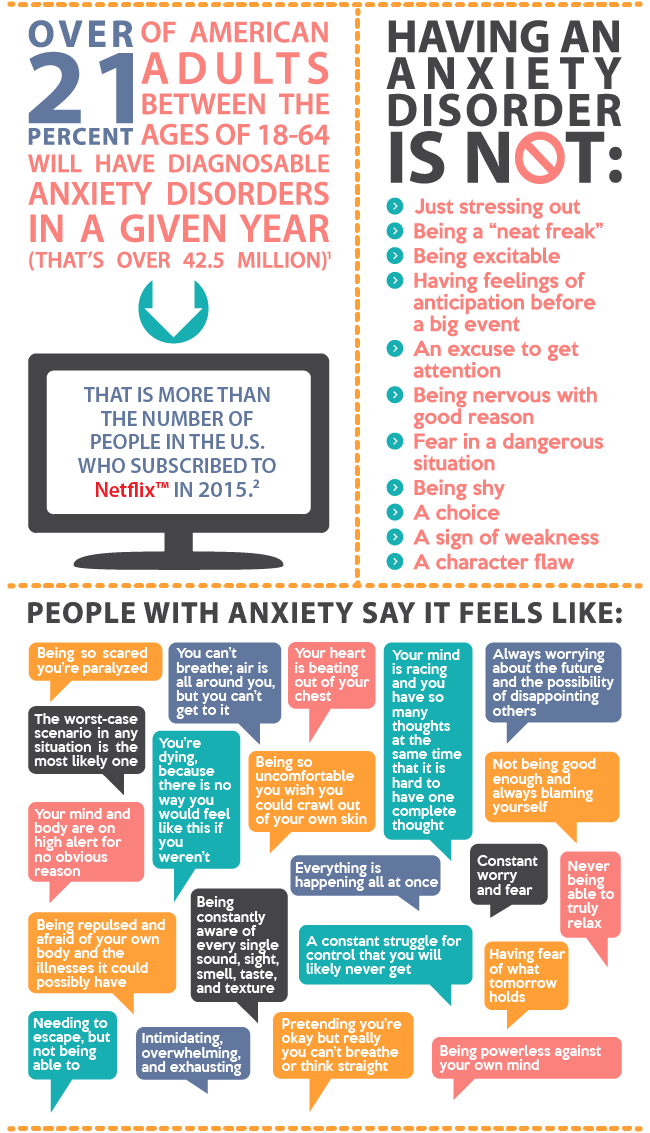
Oftentimes, I like to start with stabilizing blood sugar because it has such a quick impact on our day-to-day anxious feelings.
The modern American diet is built on a foundation of refined carbs and milkshakes disguised as coffee drinks. We end up on this roller coaster of blood sugar spikes chased by insulin, followed by blood sugar crashes that can feel identical to anxiety. Stabilizing blood sugar offers powerful relief from both anxiety and the sense of doom and unease that many people carry in the pit of their stomach.
The definitive solution, to eat a blood sugar-stabilizing diet with fewer refined carbohydrates and more protein and healthy fats, is a lovely strategy. But if that’s 180 degrees from how you’re eating now, here’s a short-term fix: Every few hours, eat a spoonful of sunflower, almond or other nut butter, ghee or coconut oil. This creates a safety net that can blunt any blood sugar crash. Many patients have told me this intervention alone stopped their panic attacks.
But if that’s 180 degrees from how you’re eating now, here’s a short-term fix: Every few hours, eat a spoonful of sunflower, almond or other nut butter, ghee or coconut oil. This creates a safety net that can blunt any blood sugar crash. Many patients have told me this intervention alone stopped their panic attacks.
CNN: You advise some patients to eat more meat. Why?
Vora: A lot of patients come to me only eating smoothies, matcha lattes, chia seed pudding or big salads. Their constant shakiness comes from their diet lacking substance. A semi-vegetarian diet where meat is not the centerpiece but more of a condiment is probably a sweet spot for wellness.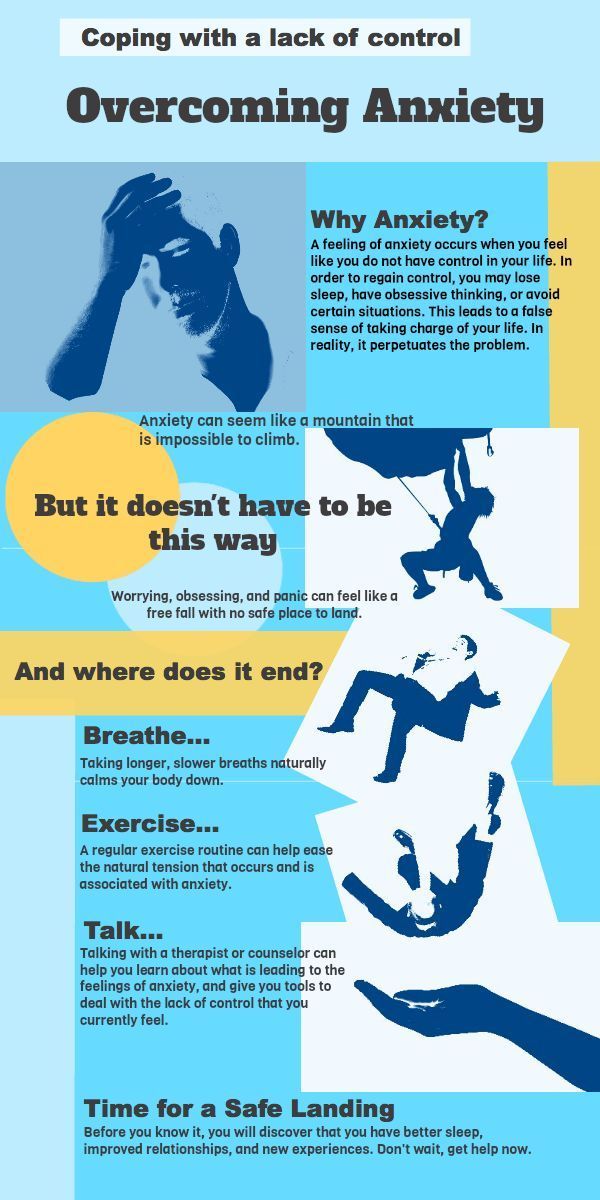
LONDON, UNITED KINGDOM - NOVEMBER 23: A woman walks beneath autumnal leaves in St James's Park on November 23, 2021 in London, United Kingdom. (Photo by Dan Kitwood/Getty Images)
Dan Kitwood/Getty ImagesHere are 5 ways to ease anxiety
Panic attacks and a sense of always feeling on edge can stem from a body never getting grounded with adequate nutrition. A warming, nourishing and well-rounded diet can ease symptoms of both anxiety and depression.
CNN: If you could wave a magic wand, what nutrition protocols would your patients adopt?
Vora: I don’t want to encourage people down the path toward feeling fragile, obsessive or fearful about food. That’s not helping anybody’s anxiety. Generally speaking, I encourage people to err on the side of eating real food and avoiding fake, processed food.
The idea is to approach food the way your great-great-great-grandmother’s culture did, by eating a balance of minimally processed protein, carbohydrates and healthy fats, and generally eating what’s local and in season. If you come from a mixture of different lines of ancestry, pick and choose and then listen to your body.
Generally, what works for our bodies echoes where on the planet we descended from.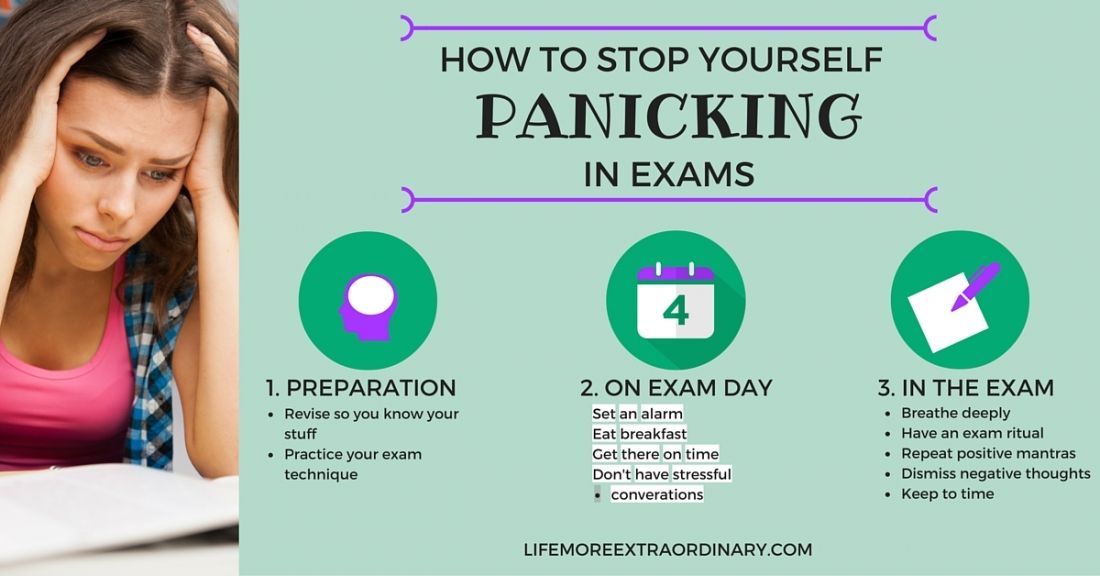 Overall, try to eat real food that was grown with integrity, ideally on small, sustainable farms with humane animal husbandry practices rather than large factory farms and concentrated animal feeding operations.
Overall, try to eat real food that was grown with integrity, ideally on small, sustainable farms with humane animal husbandry practices rather than large factory farms and concentrated animal feeding operations.
CNN: What does “completing the stress cycle” mean, and why is it important?
Vora: Balancing your nervous system is critically important to regulating anxiety.
Feeling anxious or going into panic happens when your system tips past the zero mark into a stress response.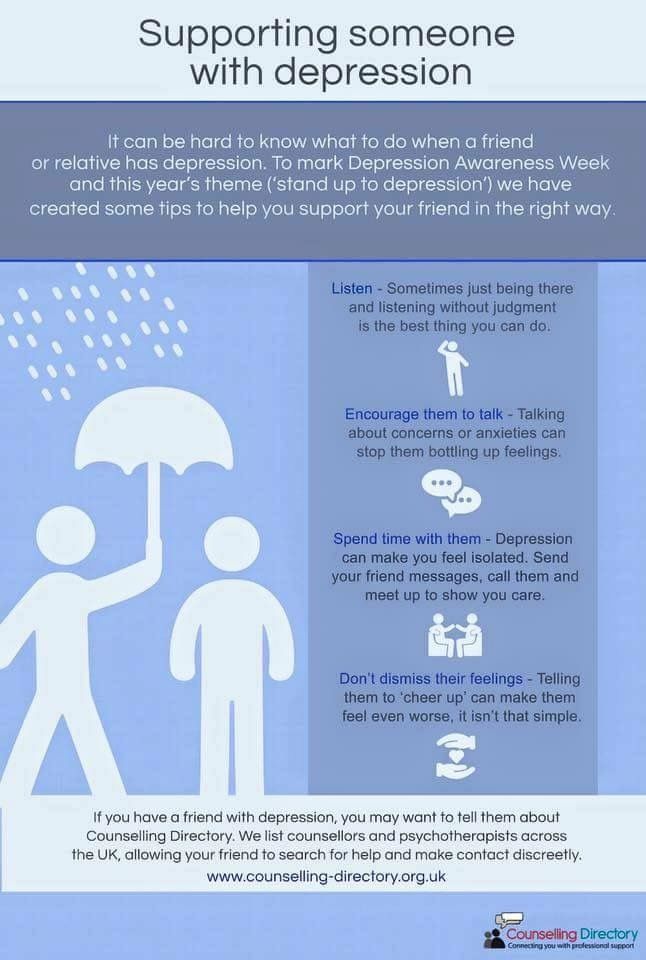 Stress is inevitable, of course. Many of us have accumulated a lifetime of it yet fail to complete the stress cycle by releasing the pent-up energy.
Stress is inevitable, of course. Many of us have accumulated a lifetime of it yet fail to complete the stress cycle by releasing the pent-up energy.
Researchers found 42% of people in the study reported experiencing some mild psychological distress during the pandemic in 2020.
ShutterstockAnxiety and depression are increasing as the pandemic goes on. Here's what you can do
Animals seem to know instinctively how to discharge the spike in adrenaline they’ve experienced and reset the nervous system. After an antelope has a life-or-death encounter, it shakes. When a goose comes away from an altercation, it flaps its wings in a particular way.
We, as socialized humans, have no shortage of stressors, but we often lack a practice for releasing the lingering effects. For some of my patients, exercise fits the bill. I’m all for any kind of creative expression: singing, dancing, chanting, drawing, journaling, therapy, processing, talking, cuddling, playing with a dog, having a belly laugh or having a good ugly cry. All of these reset our body, telling it, “The threat has passed and now I’m safe.”
For some of my patients, exercise fits the bill. I’m all for any kind of creative expression: singing, dancing, chanting, drawing, journaling, therapy, processing, talking, cuddling, playing with a dog, having a belly laugh or having a good ugly cry. All of these reset our body, telling it, “The threat has passed and now I’m safe.”
I practice the weirdest of all: shaking. To reset my nervous system, I put on shamanic drum music, close my eyes and let my body move for about 90 seconds. Afterward, I’m not carrying the same stress.
It also increases my awareness of what my body is trying to communicate to me. After I shake, I sit in meditation.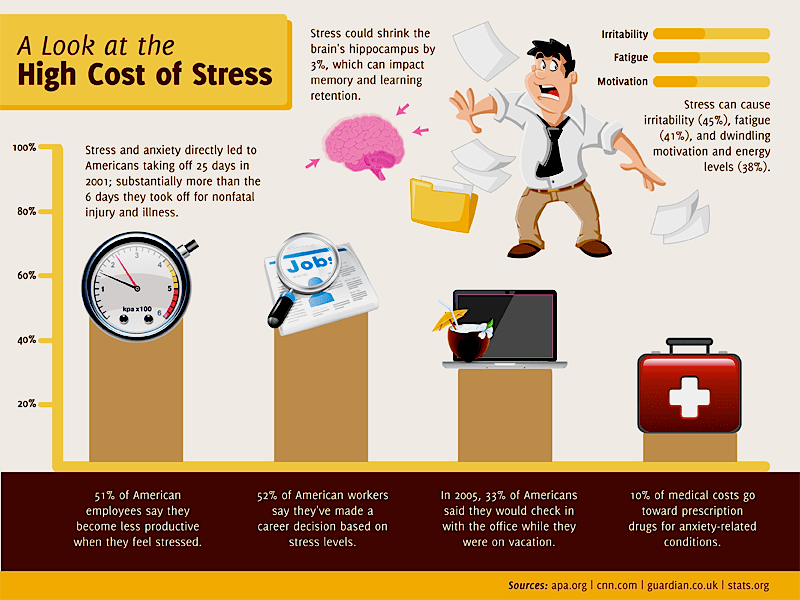 Usually something I’ve been unconsciously ignoring but need to pay attention to bubbles up.
Usually something I’ve been unconsciously ignoring but need to pay attention to bubbles up.
True anxiety comes from our body’s attempts to communicate. We need to listen.
CNN: What breath practice do you recommend for calming anxiety?
Vora: My go-to is the 4-7-8 breath. Without straining, gently inhale for a count of four, hold for seven and exhale for eight. With anxiety, it’s important to have a loose, easy grip on these structured practices. Feeling like you have to control the breath perfectly is counter-therapeutic.
Feeling like you have to control the breath perfectly is counter-therapeutic.
Relaxing breath
Follow along as Dr. Ellen Vora guides you through the 4-7-8 breathing technique.
Source: Courtesy Dr. Ellen Vora
Typically, our breath is rapid and shallow as we inhale more strongly than we exhale. But if we’re on vacation, lying on a hammock without a care in the world, our respiration will slow to deep diaphragmatic breathing.
Breathing as if we’re relaxed sends a transmission up to the brain along the vagus nerve. It tells our brain the organism is calm, causing a neuro-hormonal cascade that helps relax our whole body.
This practice is easy, free, takes just 30 seconds, and you can do it just about anywhere.
CNN: How long does the effect last?
Vora: Until real life sets in again! Seriously, I think of this, and other relaxation practices, as a multivitamin. The more time in a day that you can put your body into a relaxation response, the farther your body will need to “travel” to rise over the zero line into stress.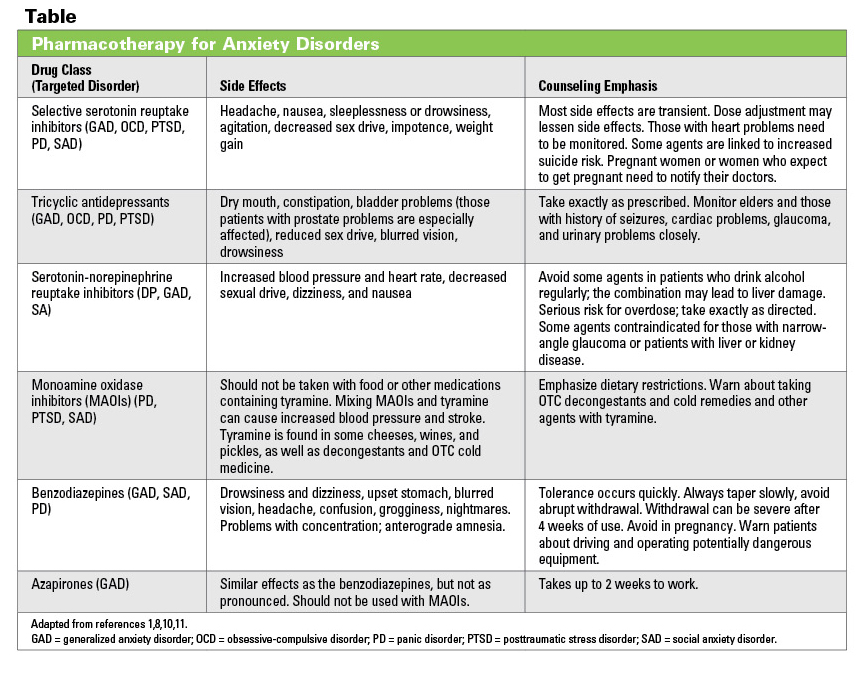
Marlow
Brooklinen's brand Marlow takes the guesswork out of pillow shopping (CNN Underscored)
Regularly galvanizing relaxation throughout your day creates a habit, establishing familiarity with a state of calm that we can come back to as needed.
It’s as if you create a peaceful destination where, in almost any moment, your mind and body can return to rest and reset.
Jessica DuLong is a Brooklyn, New York-based journalist, book collaborator, writing coach and the author of “Saved at the Seawall: Stories From the September 11 Boat Lift” and “My River Chronicles: Rediscovering the Work That Built America. ”
”
How to Ease Your Anxiety
Everyone feels anxious from time to time. Occasional anxiety is a normal reaction to uncertainty about what’s going to happen next, whether that’s in the next few minutes, days, or months.
Mental health experts define anxiety as worry over a threat that’s still in your future. Thinking about a conversation you dread, for example, could twist your stomach into knots days before it happens. Your heart may race before an exam or presentation. You might lie awake at night worried about whether you’ll catch COVID-19 at the grocery store.
It’s also normal to want to get rid of those uncomfortable, pit-of-the-stomach feelings as quickly as possible. But that approach can make you more anxious, says David H. Rosmarin, PhD, associate professor of psychology at Harvard Medical School in Boston.
“When you worry about getting rid of your anxiety, you’re signaling your nervous system that you have even more to be anxious about. And that makes your anxiety worse,” he says.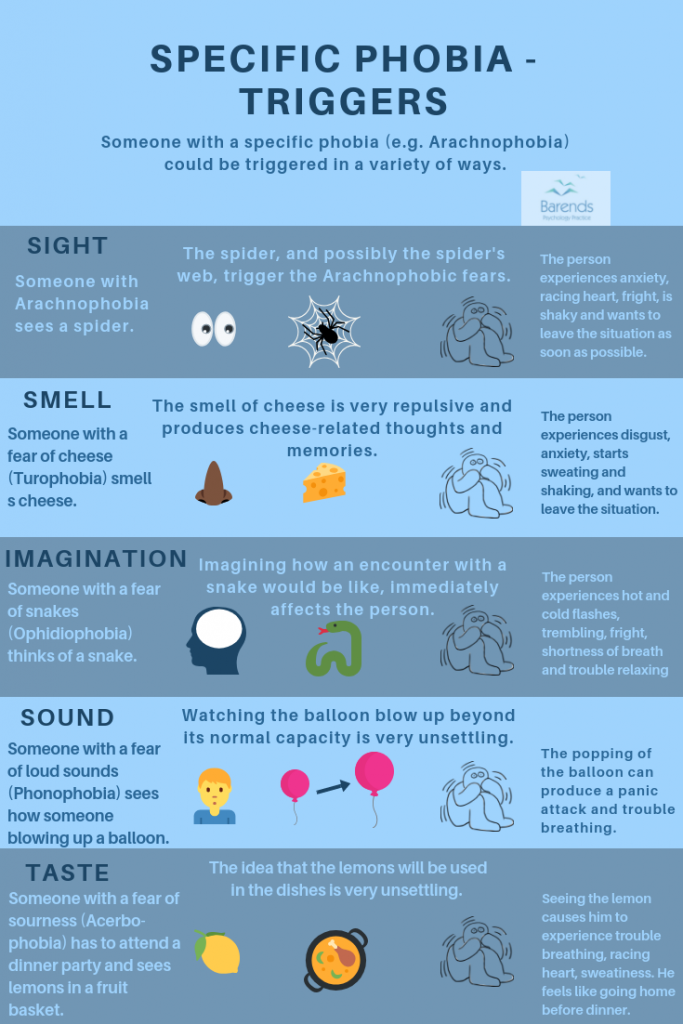
Keep in mind that if your anxiety is long-lasting and interferes with your daily life, you could have an anxiety disorder. In that case, you may need treatment to overcome it.
Calm Anxiety by Accepting It
It’s not what people expect to hear. But one of the most effective ways to ease occasional anxiety is to accept it, says Rosmarin, who is also founder of the Center for Anxiety in New York City.
“When we let anxiety run its course in the moment without fighting it, ironically, that makes it less. On the other hand, fighting anxiety is what typically [triggers] a panic attack,” he says.
“And, if your only strategy is to distract yourself from your anxiety or to avoid things that cause it, you’ll always be afraid of it. It’s always going to be the bully in the schoolyard because you’ve never learned to deal with it.”
The Anxiety and Depression Association of America puts it this way: “The thoughts you resist persist.”
Try these steps instead:
Recognize and understand your anxiety: Tell yourself, “My nervous system is kicking into high gear because I’m worried about [thing X]. ”
”
Don’t criticize yourself for those feelings: Instead, say, “This is a normal, healthy response by my body to these circumstances, which are complicated, stressful, or difficult. It’s OK to feel this way.”
Know that you can have anxiety and still function well: “You can perform very well with anxiety, and probably have done so before,” Rosmarin says.
Think back to a time when you were anxious but did what you needed to do anyway. Maybe you were filled with anxiety before an event or a meeting. But later, someone said you did a great job.
How to Stop Anxiety
When your anxiety feels overwhelming, these techniques can give you quick, short-term relief.
Do a reality check: Ask yourself these questions:
- On scale of 1 to 100, how likely is it that the thing I’m anxious about will happen?
- Do I have good reasons to think something will go wrong?
- Is there a chance I’m overly worried?
Share your anxiety with someone you trust: Don’t avoid your anxious thoughts, which can make them worse.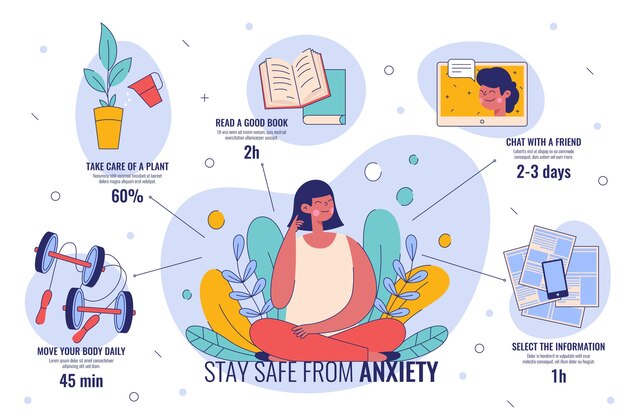 Talk them over with a friend or family member, who can help you put them in perspective.
Talk them over with a friend or family member, who can help you put them in perspective.
Remind yourself that you’re safe: “When anxiety kicks in you may feel scared or out of control, with your mind racing to all these uncertain future catastrophes,” says clinical psychologist Debra Kissen, PhD, chief executive officer of Light On Anxiety CBT Treatment Centers in the Chicago area.
“Ask yourself, ‘Is there a real danger in front of me, or am I actually safe at home and worried about something that’s no threat to me right now?’” she says. “This thinking can ground you in the moment and reboot your brain and body so you feel less anxious.”
Redirect nervous energy: Anxiety can be like a motor revving, says licensed professional counselor Lisa Henderson. “Take control of that energy and put it somewhere else,” says Henderson, co-founder and chief executive officer of Synchronous Health in Nashville.
“If you’re sitting there worried, for example, get up and walk or pace,” she says.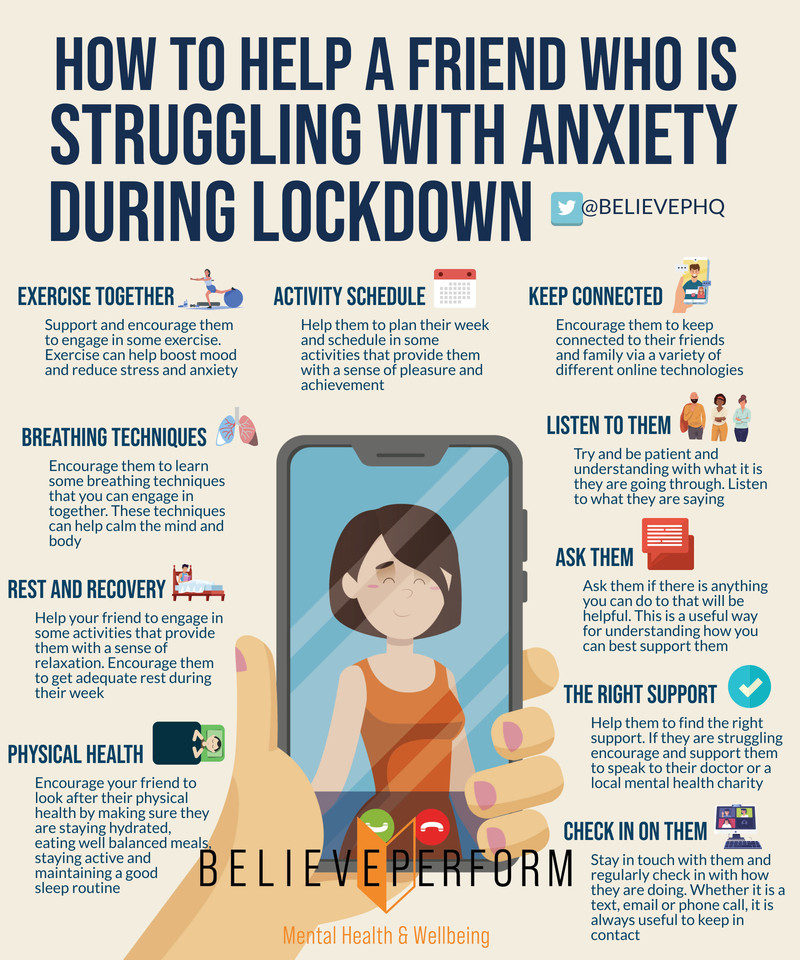 “Take a few minutes to clean something. Go outside for 5 minutes. Shorts bursts of activity can release that anxious energy.”
“Take a few minutes to clean something. Go outside for 5 minutes. Shorts bursts of activity can release that anxious energy.”
Take a mental break: “Use a guided imagery app or simply daydream on your own,” Henderson says. “A brief mental vacation can break the cycle of anxious thoughts.”
To try this on your own, set a timer for a few minutes, close your eyes, and picture yourself somewhere you feel peaceful or happy.
“Just letting your mind wander can work well if your anxiety comes from feeling controlled or managed,” Henderson says. “If your mind returns to its anxious thoughts, notice -- without judgment -- that it’s happened and mentally tell your anxiety ‘I’ll be with you in a moment.’ Then go back to your daydream.”
You may prefer an app that guides you through your thoughts to help you release anxiety. Find relaxation or meditation apps that appeal to you and give them try.
Just breathe: Inhale and exhale slowly, evenly, and deeply for several breaths.
Change your position: “Whatever you’re doing, do the opposite,” Kissen says. “If you’re hunched over with worry, stand up and take a Wonder Woman pose. If you’re under a blanket, go wash your face with cold water. Changing your sensory experience can ‘change the channel’ from anxiety.”
Use a mantra: A mantra can shift your mind away from anxious thoughts that play over and over in your head, Kissen says.
Two she likes are: “These thoughts are uncomfortable, but not dangerous,” and “This, too, will pass.”
Put your anxiety on a schedule: Pick a 15-minute window during the day to think about your anxieties. “During that time, tell your brain to just go for it and let the anxious thoughts come,” Kissen says. “But when they arise outside that time, tell them ‘I’m willing to hear you, but come back tomorrow at 3 p.m.’”
If anxiety keeps you awake, get up: “If you’re lying in bed worrying about things for more than 5 minutes, get up and go to another room and write down your anxieties,” Kissen says. “Go back to bed when you’re tired, but get up again if you feel anxious. It might take a few nights of going back and forth, but this exercise can train your brain that your bed is for sleep, not for anxiety.”
“Go back to bed when you’re tired, but get up again if you feel anxious. It might take a few nights of going back and forth, but this exercise can train your brain that your bed is for sleep, not for anxiety.”
Do I Need Treatment for Anxiety?
There’s a lot you can do on your own to relieve anxiety, but sometimes you need help. Psychotherapy and medication are the two main treatments for anxiety disorders.
Signs that it’s time to talk to a mental health professional include:
- Constant or nearly constant anxiety
- Anxiety that gets in the way of your daily activities, like work or social life
- Anxiety about things that don’t actually threaten you
- Panic attacks
Check your health insurance policy to see what mental health services your plan covers. Then, review a list of your in-network providers to find one to connect with.
“You don’t want to add to your anxiety by paying big out-of-pocket fees,” Kissen says.
Your primary care doctor may also be able to recommend a mental health professional with experience treating anxiety and anxiety disorders.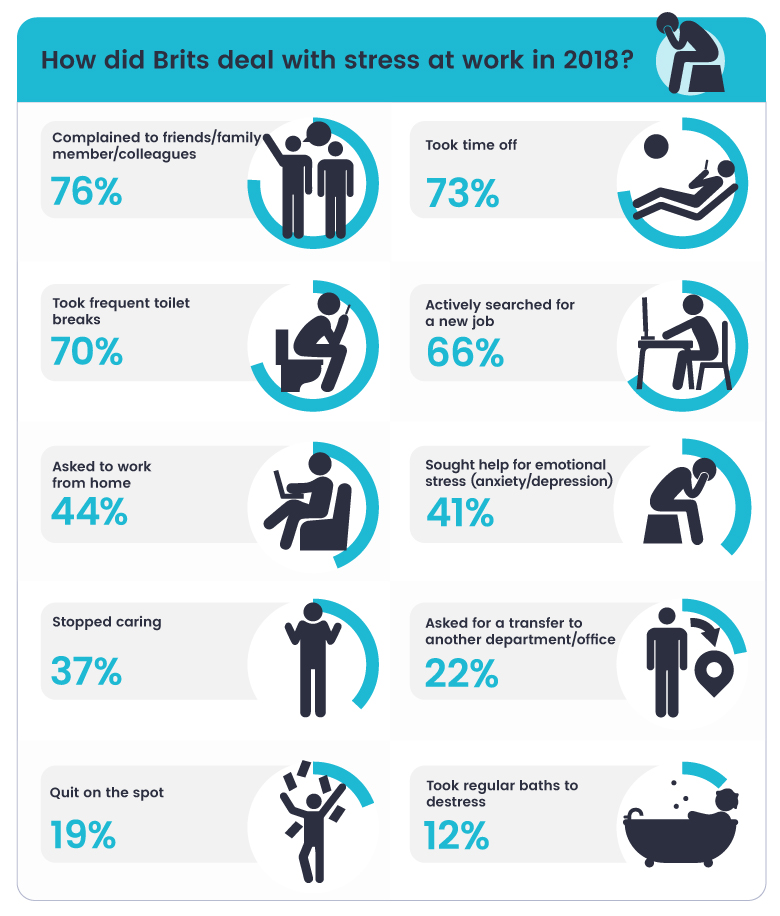
Rosmarin notes that it’s important to find a provider you click with and trust. He also says therapy doesn’t need to go on indefinitely to be effective.
“A course of cognitive behavioral therapy for anxiety may be eight to 10 sessions,” he says. “There’s also data to suggest that people feel substantially better after just one therapy session for panic disorder.”
Five Steps to Cope with Exam Anxiety – News – HSE for Your Own – National Research University Higher School of Economics to which we adapt, anxiety can rise. CPC psychologist Dina Zafesova shared some tips on how to deal with this.
Each of us at least once faced with anxiety on the eve of some significant event - before a speech, an answer at a seminar, an exam, at an interview, when talking with someone we like, etc. Often this causes a variety of unpleasant sensations .
We experience anxiety quite often in our lives, but we rarely think that it is completely natural and normal. Anxiety arises in situations where we need to orient ourselves, gain understanding and support, it indicates the significance of the event, helps us see our needs and prepare to overcome difficulties.
In this situation, it is important to understand what exactly is happening to us, to accept and help ourselves in this. If we mark something inside as abnormal, bad, then, as a result, we try to suppress it in ourselves. This behavior does not help us deal with anxiety. It is important to recognize that what is happening to you is normal. This carries some important information for you, tells you what to do in this situation.
In anxiety, our attention shifts from the present to the past or future. We remember a bad experience, regret something, scold ourselves, think “what if I were at that moment ...”. We draw gloomy pictures of the development of future events in our imagination, we worry that something undesirable for us will happen that does not fit into the desired scenario.
Support is lost, self-confidence is lost, doubts arise, feelings that some kind of threat is approaching. We can hardly stand uncertainty - we are unsettled by the inability to predict how and how the disturbing experience will end. There is a feeling of loss of control, the inability to influence what scares. Thoughts either disappear altogether, or spin in the same circle. Sometimes we can't even figure out why we're anxious, and sometimes we know exactly why we're worried.
Anxiety cannot disappear completely: normally, this condition disappears only when the stress factor disappears. The main goal is to help yourself endure this state and reduce anxiety as much as possible.
How to cope with anxiety
1. Notice that you are in anxiety and direct your attention to it. You need to tell yourself that this is normal - this is your condition, which indicates something that you need to help yourself with.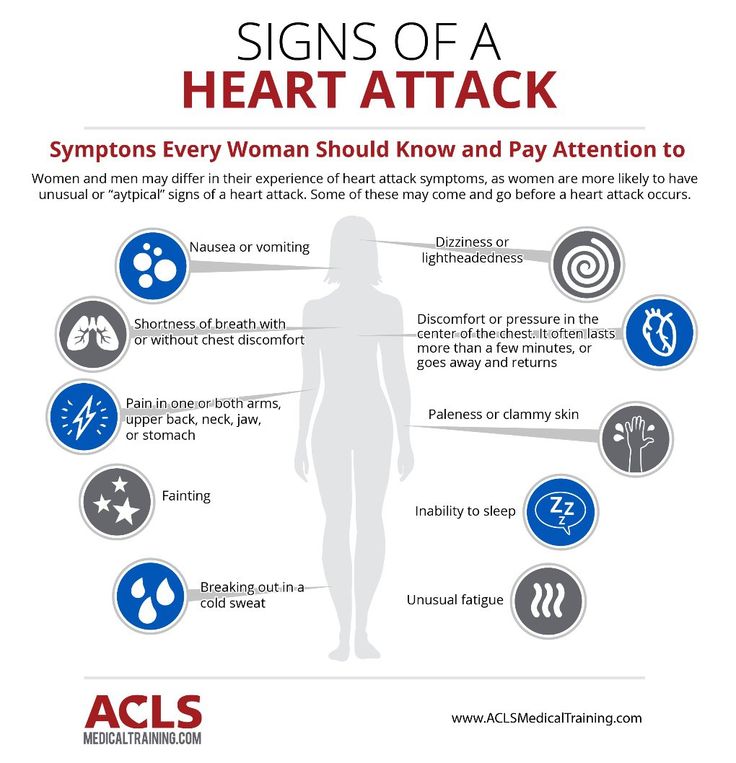
2. Ask yourself what exactly do you feel when you are anxious? What are your feelings, thoughts, feelings, what do you start to do? Gather information about yourself to identify help points.
3. Identify what exactly you are worried about? What are the reasons for your condition?
For example, you have to take an exam remotely. You worry about how everything will go, how you will look, whether you can answer all the questions. Perhaps you feel that the channels of information that are important to you about how the teacher reacts to you will be limited - his facial expressions, postures, gestures, non-verbal reactions. Or you know that you have gaps in knowledge, you missed classes and are afraid that the teacher will be dissatisfied. In such a situation, one can feel anxiety, fear, guilt, regret, disappointment, insecurity. Thoughts revolve around the fact that you will not get the desired grade or fail.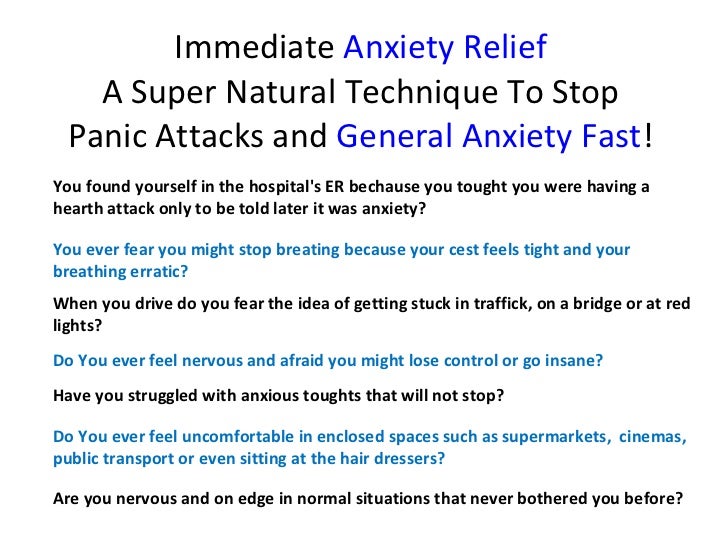 So you start to procrastinate, avoid preparation, get irritated.
So you start to procrastinate, avoid preparation, get irritated.
Read also
“If you want to lie on the bed – lie well”
Why do we procrastinate and how to deal with this feeling – says CTC psychologist Dina Zafesova
4. Identify help points for yourself and write them down.
For example:
New circumstances for me.
Anxiety about what is not done well, expectation of criticism.
Physical condition - bodily sensations, tension in the body.
Terrible pictures of developments.
A state of uncertainty, self-doubt, lack of support and loss of control, fear.
Inability to prepare better due to my condition.
5. Think about what will help you manage or reduce your anxiety on each item.
In the new circumstances, we need to get guidance, increase the predictability of the situation.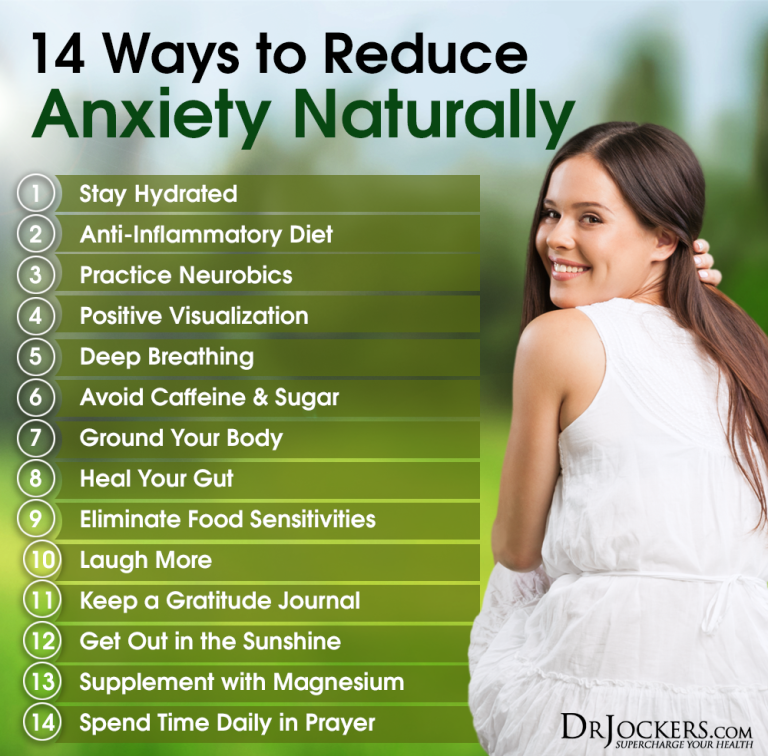 You can ask others, read descriptions, organize preliminary training re-enactments of the event. Your goal is to get as much information as possible about the alarm event from all possible sources and activities.
You can ask others, read descriptions, organize preliminary training re-enactments of the event. Your goal is to get as much information as possible about the alarm event from all possible sources and activities.
When we know we have done something wrong, we may feel guilty. Here we take responsibility and look for redemption scenarios: admitting mistakes and doing something to make up for the harm. This may manifest itself in agreeing and accepting a well-deserved downgrade, or in an effort to correct the situation, if possible.
Physical exercises to relieve anxiety
In anxiety, ways to help yourself through the body are very effective, since our psychological state is connected with our physical state. Anxiety is a state of stress that activates the production of certain hormones in the body. By influencing their content in the body, you can help yourself.
Find physical activities that include stretching and relaxation. Your goal is to learn how to relieve yourself of stress, relax. Breathing exercises with an emphasis on exhaling or holding the breath are very helpful in reducing the oxygen content in the blood and, as a result, the production of adrenaline, which supports anxiety.
Your goal is to learn how to relieve yourself of stress, relax. Breathing exercises with an emphasis on exhaling or holding the breath are very helpful in reducing the oxygen content in the blood and, as a result, the production of adrenaline, which supports anxiety.
You can perform, for example, such an exercise. Sit on a chair, close your eyes, bring your attention to your breath, inhale for 3 counts, exhale for 7. Simultaneously with inhalation, squeeze your toes tightly, hold this state during inhalation, then relax them as you exhale. You will feel the tension leaving your feet. Repeat the action on the muscles of the calves, thighs, buttocks, arms, abs and other parts of the body.
Worried thoughts appear in anxiety. Switch yourself from these thoughts to something else, bring yourself back to the present moment. For example, through directing your attention to what surrounds you.
Perform the following exercise: catch your eye on any object: bag, zipper, phone, banner, etc.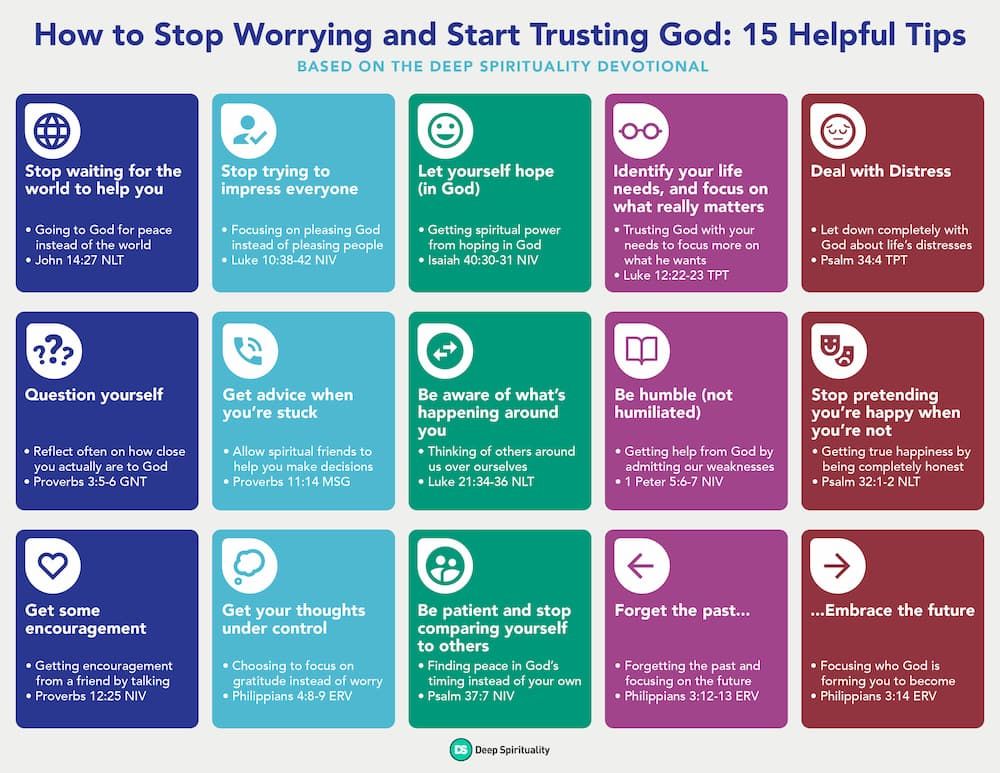 You need to concentrate your attention on this thing, examine it in detail, note the color, shape, composition, think about how it ended up in this place. Devote at least 5 minutes to this activity.
You need to concentrate your attention on this thing, examine it in detail, note the color, shape, composition, think about how it ended up in this place. Devote at least 5 minutes to this activity.
You can also use slow counting up to 10, 100, 1000, consecutive subtraction from one number to another.
Anxiety is a loss of control. Since everything around is uncertain, it becomes impossible to control. Take back control over what you can control: set some specific achievable goals for yourself, schedule your tasks, write down what you need to do in simple and understandable steps, break complex tasks into concrete actions, think over an action plan in case your fears begin to be justified.
Alarm is also a state of lack of support. It is necessary to regain the feeling of support, the ground under your feet. You can literally stand on your feet and feel how your feet touch the floor, you can sit or even lie down to feel more support.
We must always remember that strong experiences reduce our cognitive abilities. We forget what we knew, it is difficult for us to remember new information, the ability to think logically is lost. Therefore, first you need to help yourself calm down and reduce anxiety, and only then try to learn new material or answer questions.
We forget what we knew, it is difficult for us to remember new information, the ability to think logically is lost. Therefore, first you need to help yourself calm down and reduce anxiety, and only then try to learn new material or answer questions.
May 28, 2020
Psychological help
"Tower" in Telegram
9 ways to deal with anxiety not to suspect that we are preventing ourselves from living the way we want. Unfortunately, you cannot completely get rid of anxiety, especially in a constantly rushing world, but you can reduce its intensity on your own. Re-read Tanya Peterson's book Inner Peace. 101 Ways to Cope with Anxiety, Fear and Panic Attacks" and selected some practical tips for dealing with strong feelings.
Tanya Peterson
Mann, Ivanov & Ferber, 2020
How to identify anxiety
It should be said right away that anxiety is a completely normal condition that performs a very important function of alerting us to possible danger.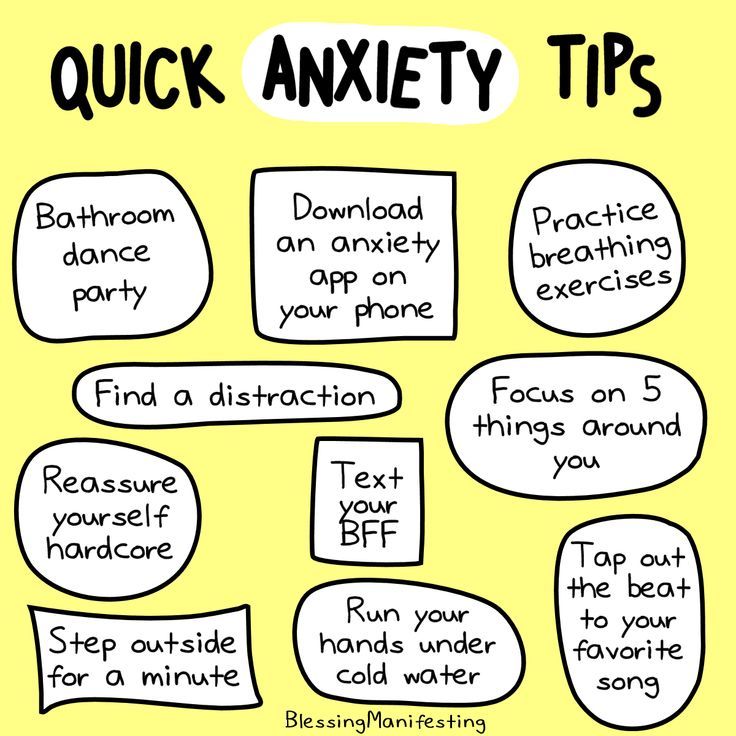 And everything would be fine, but a modern person is not so often threatened by something in the literal sense, however, it seems that there are only more triggers. So anxiety becomes more of a problem than a survival helper. It leads to emotional burnout, chronic stress and constant fatigue, due to which we cannot function fully.
And everything would be fine, but a modern person is not so often threatened by something in the literal sense, however, it seems that there are only more triggers. So anxiety becomes more of a problem than a survival helper. It leads to emotional burnout, chronic stress and constant fatigue, due to which we cannot function fully.
There are several symptoms that can tell you how anxious you are lately:
-
I can't stop thinking about what has already happened.
-
I am worried about what will happen in the future, I am equally worried about tomorrow and what will happen in a few years.
-
I feel tired, but I am constantly in a state of agitation.
-
I often “turn off” and cannot continue to work.
-
I have obsessive thoughts.
-
I have few obvious things to worry about.
-
I try to avoid people and certain places.
-
I feel like I'm at a dead end.

-
I'm trying to get rid of my anxiety, but it won't go away.
-
My relationships with people, work and myself are suffering.
If you've been experiencing any of these symptoms for a long time, it might be time to slow down a bit and pay more attention to yourself, your mental health, and lifestyle changes that can help reduce your stress levels.
Storytel is an international subscription audiobook service. The Storytel library contains audiobooks from almost all genres, from classics and non-fiction to lectures, stand-ups and podcasts. This is a service that solves the problem of reading. It lets you listen to audiobooks anytime, anywhere: while exercising, preparing meals, commuting to and from work, on the plane, before bed, and whenever you want. Storytel creates and records its own unique content - lecture projects, podcasts, audio series, and also collaborates with the best voices in the country.
Getting rid of obsessive thoughts
It seems to us that the more we think about the problem, the more likely we are to find a solution to it or prepare for possible unpleasant consequences.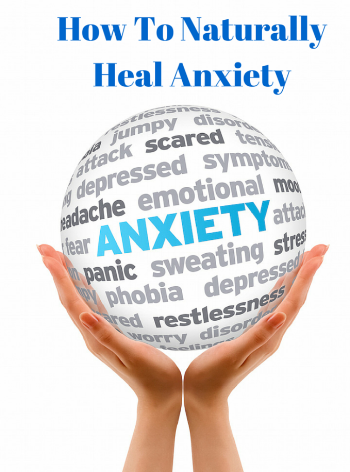 In fact, we do not help ourselves much when we think about what worries us very much. The level of anxiety rises, and even if you have a solution to the problem, this does not mean that you will instantly stop worrying. What to do in such a situation?
In fact, we do not help ourselves much when we think about what worries us very much. The level of anxiety rises, and even if you have a solution to the problem, this does not mean that you will instantly stop worrying. What to do in such a situation?
Exercise "I have a thought"
When we think about the subject of our anxiety, it is as if we are no longer in the present and are transported into the past or future. The exercise helps to return to reality and remind yourself that your experiences are just thoughts, albeit largely justified (but not always).
Think about what is bothering you and say: “I have an idea that tomorrow the conversation with the management will not go very well. And that's just a thought" . Even better, say it out loud, and it will become easier for you to return to your previous affairs and not live with what has not yet happened or has already happened.
What if?
We are often visited by thoughts that can be formulated through one question: “What if?” What if we don't suit each other? What if the manager calls for a meeting in order to cut my salary? Such thoughts appear completely by chance, they cannot be controlled, since they are directly related to our experiences and fears. However, you can develop the habit of always finding an alternative.
However, you can develop the habit of always finding an alternative.
Think of a new, positive response to each of your worrisome thoughts. For example, suppose that a meeting with superiors will lead to a promotion, and a possible tense conversation with a partner will end in agreement. It would be useful to treat this with a bit of humor and imagine a completely absurd outcome: for example, that the leader drops everything and moves to the North Pole, and leaves you in charge without explaining the reasons. By approaching anxiety with humor, you will change the vector of your thoughts and feel a little better.
Concentration on breathing
It's no secret that in our body all systems are connected to each other. If we are angry, the pulse quickens, if we are in a calm state, it slows down. Obsessive thoughts can make your head hurt, and prolonged inactivity will lead to muscle discomfort, which will cause your body to send signals to move with all its might.
Meanwhile, a conscious focus on breathing will have the opposite effect: if obsessive thoughts lead to rapid breathing, then calmness will relieve unnecessary stress. Your task is to slowly inhale and exhale, concentrating on this process. Think about how the chest fills with air and releases it. Repeat several times until breathing returns to normal.
Storytel is an international subscription audiobook service. The Storytel library contains audiobooks from almost all genres, from classics and non-fiction to lectures, stand-ups and podcasts. This is a service that solves the problem of reading. It lets you listen to audiobooks anytime, anywhere: while exercising, preparing meals, commuting to and from work, on the plane, before bed, and whenever you want. Storytel creates and records its own unique content - lecture projects, podcasts, audio series, and also collaborates with the best voices in the country.
Dealing with anxiety at work
As much as we love our work, it often comes with some level of stress, which is fine until anxiety starts to affect performance, concentration, and relationships with colleagues.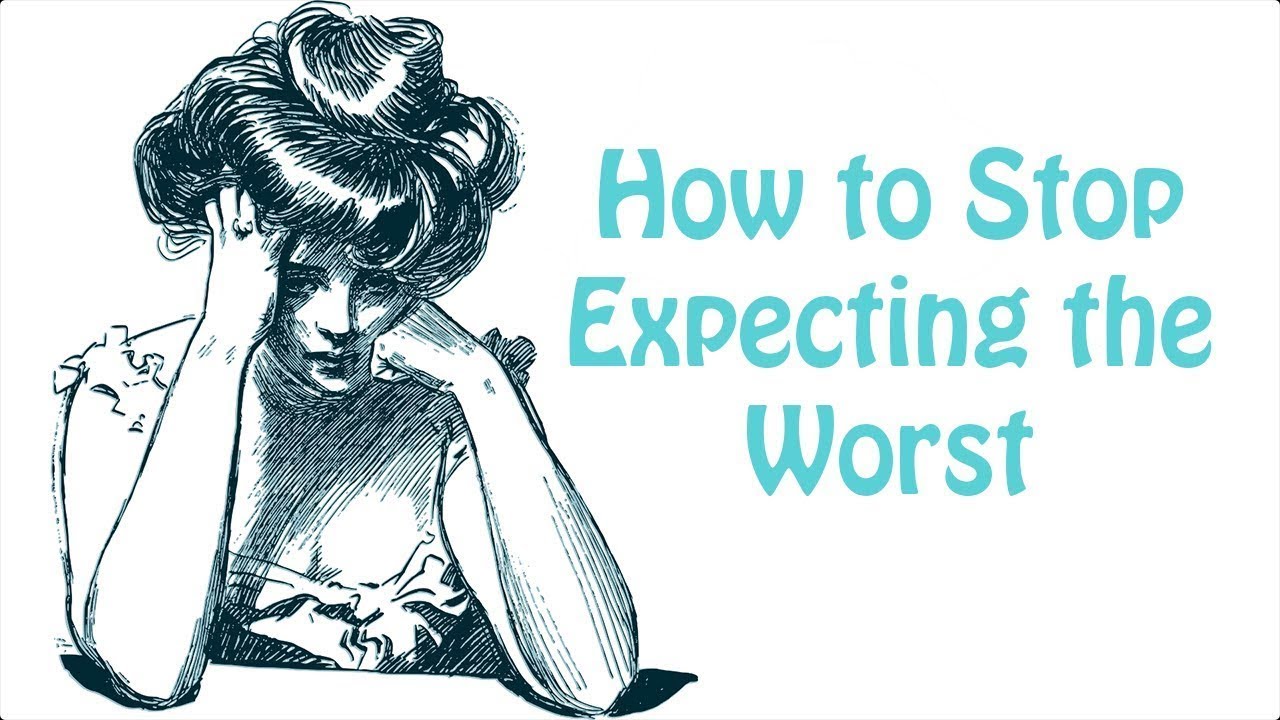 The most common cause of anxiety at work is the presence of someone “higher than us”, on whose opinion your performance, sense of self-worth, motivation and much more depend. However, there are methods that can help shift your focus and gain confidence.
The most common cause of anxiety at work is the presence of someone “higher than us”, on whose opinion your performance, sense of self-worth, motivation and much more depend. However, there are methods that can help shift your focus and gain confidence.
Good Morning Ritual
Many would agree that almost the rest of the day depends on our getting up in the morning. Often, in fact, the reluctance to wake up and get out of bed is not laziness at all, but an alarm signal, since it may seem to you that something will definitely happen at work that will only confirm all the worst fears. When you get up with these thoughts in the morning, you reinforce certain behaviors that are completely unproductive. What can you do?
-
Clean your room the night before so you don't wake up in a stressful mess.
-
Place a glass of water next to your bed. When the alarm goes off, take a deep breath, stretch, sit down and drink all the water. Wait a while, listen to your body.
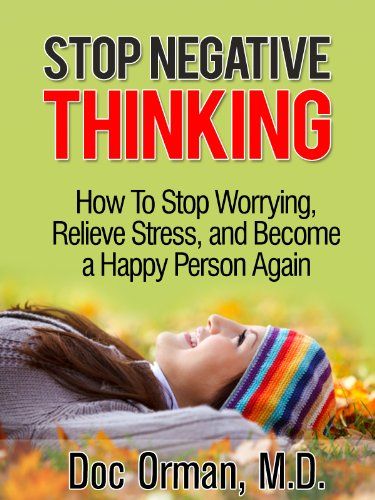 This helps reduce anxiety.
This helps reduce anxiety. -
Move from the bedroom to a purpose-built space. Sit quietly, mindfully observing the surroundings, sounds, and smells in the room. Appreciate how you feel while sitting in a chair. Do a short meditation focusing on the in-breath and out-breath.
-
Enjoy a cup of decaffeinated tea or coffee (caffeine tends to increase anxiety).
-
When you feel ready, get up slowly and continue to prepare for the day ahead.
Mantra of non-judgment
Condemnation of oneself and others leads to mental limitations, takes energy and resources, and also increases the level of anxiety. While the basis of any work on oneself is the acceptance of shortcomings and weaknesses, both one's own and others.
To stop the flow of restless thoughts in time, chant the mantra of non-judgment. Like affirmations, a mantra is a statement that reminds you of something important. Say to yourself: "Today I am not judging anyone or anything" or "My mind is open, my thoughts are neutral" .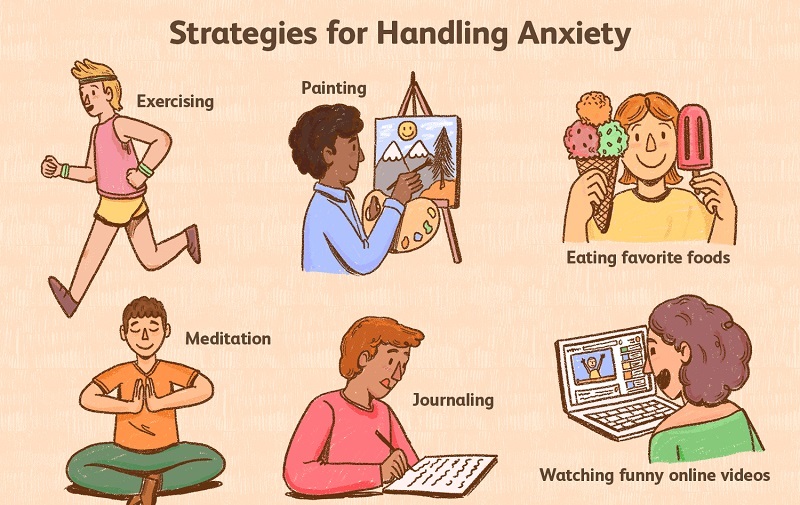 Come up with a mantra that will help you, and repeat it to yourself as often as possible so as not to dwell on condemnation.
Come up with a mantra that will help you, and repeat it to yourself as often as possible so as not to dwell on condemnation.
Toxic Perfectionist
Almost all of us have a small part that prevents us from enjoying life because "everything is not perfect." Feeling anxiety from a sense of imperfection, you do not allow yourself to feel harmony and satisfaction from what you have done, which is why the desire for the ideal only increases. And along with it, the level of anxiety. This is an unpleasant vicious circle that can be broken by accepting your imperfection. You are already good enough, and the following exercise will help you see it:
-
Describe a time when perfectionism got in the way.
-
If you made a mistake, what then? Think and write as many possible consequences as possible - both positive and negative.
-
Study this list. If each of the consequences happened, how would you handle the failure?
If you think about the cause of anxiety rather than anxiety itself, you will learn to look at it from a new angle, and also notice that, despite imperfections, you have actually already done a lot to make everything go well and with a minimum of mistakes.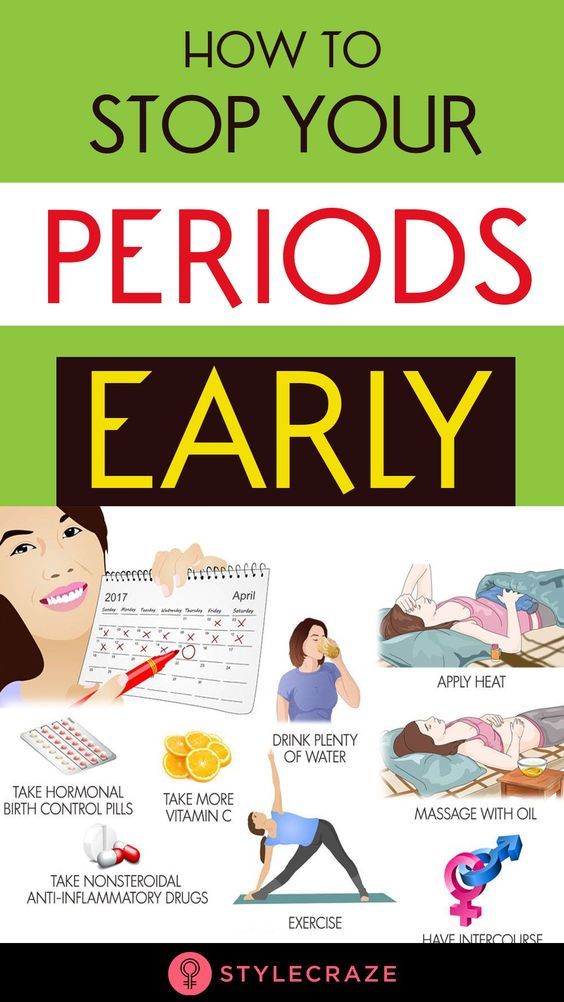
Storytel is an international subscription audiobook service. The Storytel library contains audiobooks from almost all genres, from classics and non-fiction to lectures, stand-ups and podcasts. This is a service that solves the problem of reading. It lets you listen to audiobooks anytime, anywhere: while exercising, preparing meals, commuting to and from work, on the plane, before bed, and whenever you want. Storytel creates and records its own unique content - lecture projects, podcasts, audio series, and also collaborates with the best voices in the country.
Relationships are very important to us: we worry about what people close to us think of us, we play different roles when communicating with colleagues or friends, as this is more likely to win favor. Whether we like it or not, we need to communicate with people at least occasionally, which can be a cause for concern for many of us. While there are plenty of opportunities around us to enjoy communication rather than diligently avoiding it.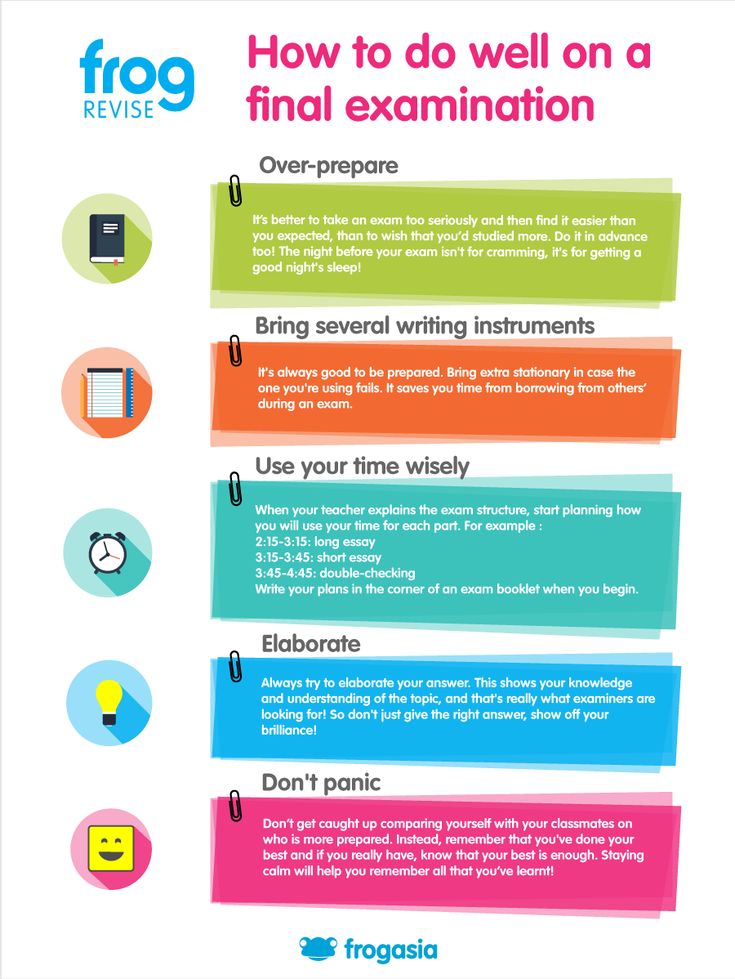 There are several simple exercises that will help, if not get rid of anxiety, then at least reduce it to an acceptable level.
There are several simple exercises that will help, if not get rid of anxiety, then at least reduce it to an acceptable level.
List of positive things
Experiences make us think about the most negative consequences of communication and completely forget about what good happened between you and, let's say, your partner. To remember the pleasant, make a list for yourself of a variety of moments when you were happy.
If this is a problem, then your level of anxiety may not allow you to really enjoy the fact that you spend time with this or that person. A list can also help here, but now the positive points that you need to create with your own hands. For example:
-
Treat a close friend for coffee and spend time with them.
-
Create a shared playlist with friends or family.
-
Find someone to go to trade shows, the gym, or go for a daily morning run with.
After that, start putting into practice situations in which you think you will be happy.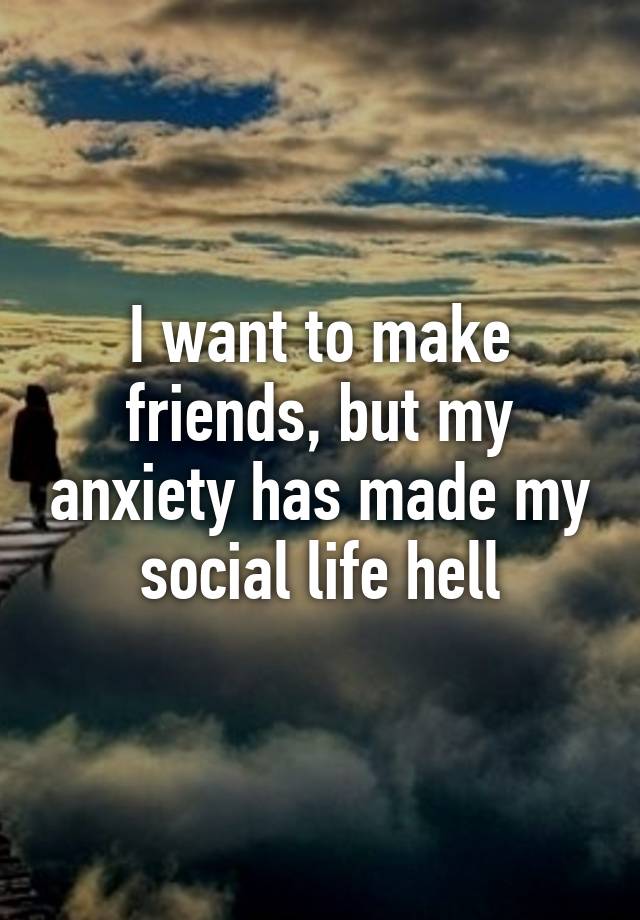 And try to live in this moment, and not the anxiety that something will definitely not go according to plan.
And try to live in this moment, and not the anxiety that something will definitely not go according to plan.
Careful attitude towards oneself and others
We are all worried - just someone more, and someone less. Nevertheless, there are plenty of reasons for anxiety, self-doubt and the feeling that we will eventually be abandoned, each of us has plenty. Just a reminder of this brings you back to reality and confirms the fact that you are not at all alone in your anxiety.
What should I do in this case? Mantras that will be directed both at you and those around you can help you. Formulate for yourself life-affirming phrases that will remind you in moments of anxiety that your experiences are normal and familiar to everyone. For example:
-
I allow myself to accept myself for who I am. / Let others accept themselves as they are.
-
I will allow myself to calmly accept my mistakes. / Let others take their mistakes calmly.
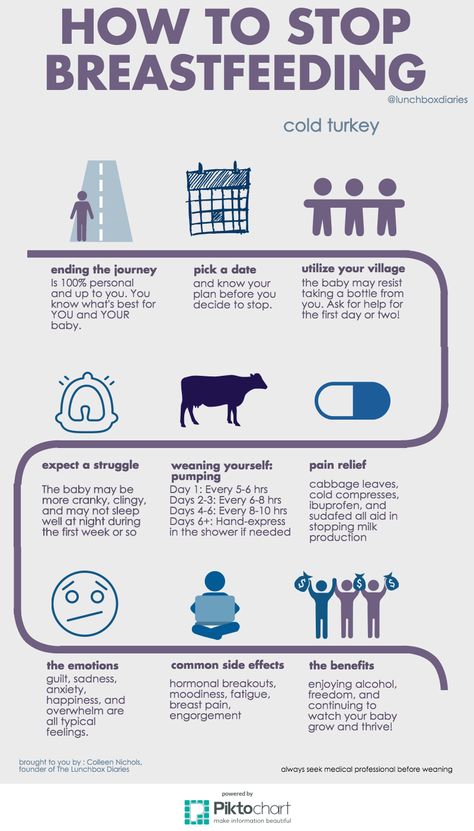
-
I will allow myself to rejoice at what I can do. / Let others rejoice in their achievements.
The list can be anything, as long as it reflects your worries.
Why do you need a relationship?
Anxiety often arises because our expectations and needs are not being met. We can compromise and give in to another person as much as we like, but in the end, dissatisfaction will be stronger than anything else. Therefore, as soon as you catch yourself thinking that anxiety has unwittingly become your new partner, think about how your needs are being met. Here is a list of the basic things that we usually want to receive from another person:
-
love, feeling needed;
-
partnerships;
-
power;
-
independence, freedom;
-
mutual support;
-
intimate relationships;
-
flexibility, ability to negotiate;
-
pleasure.

